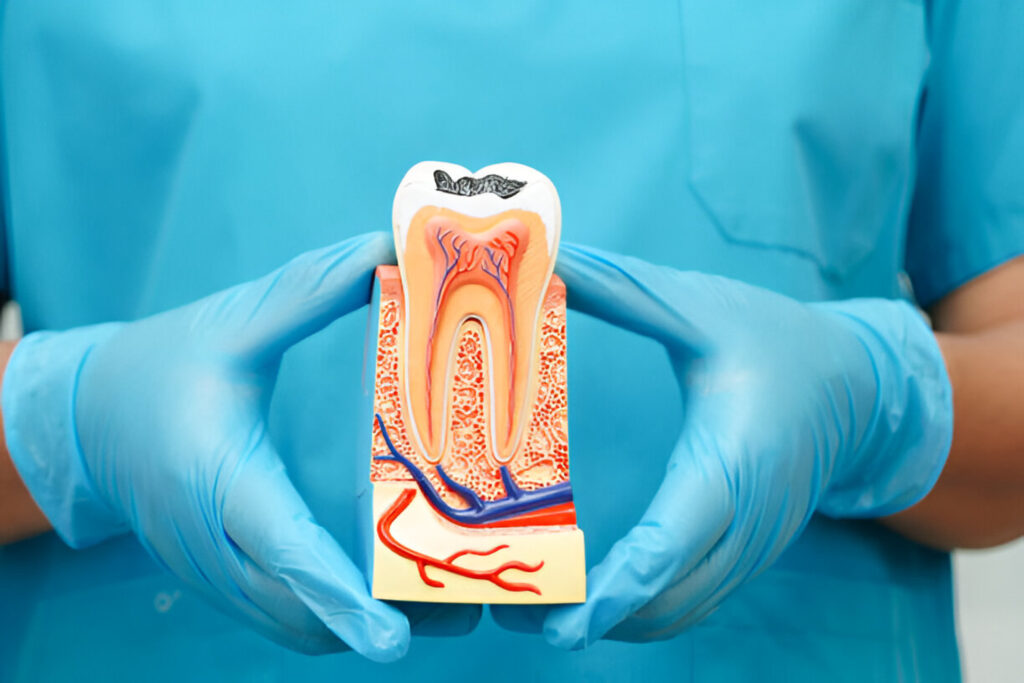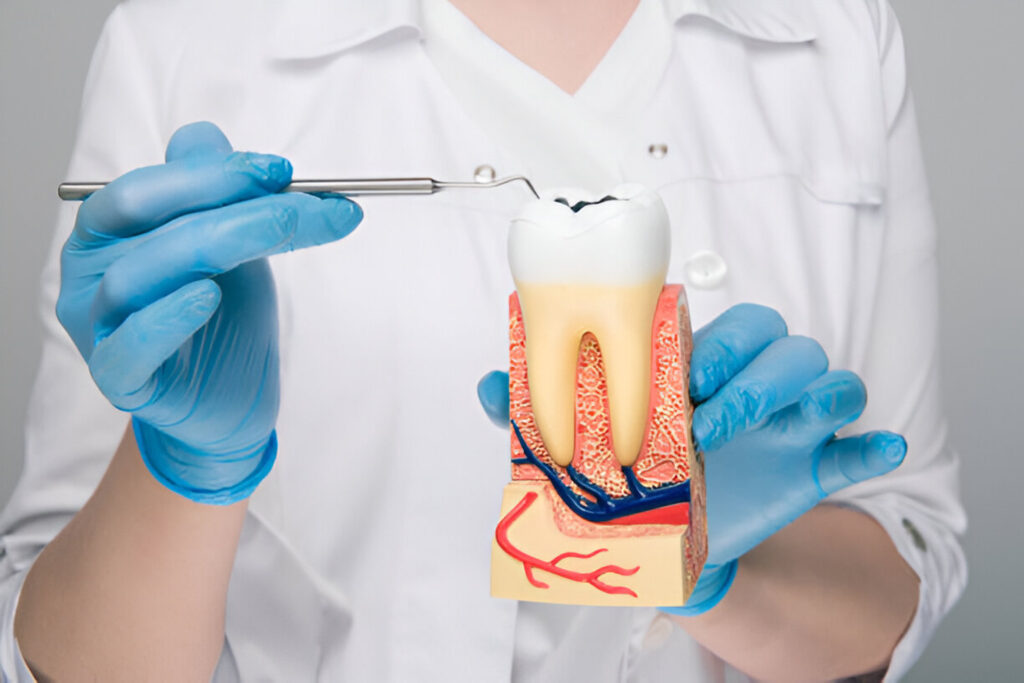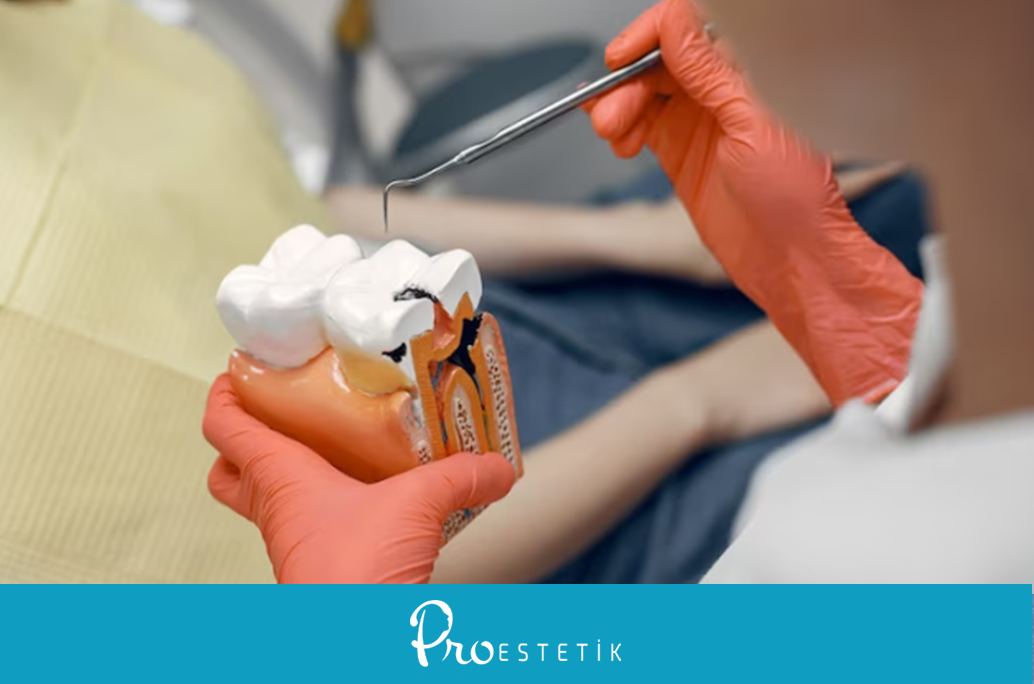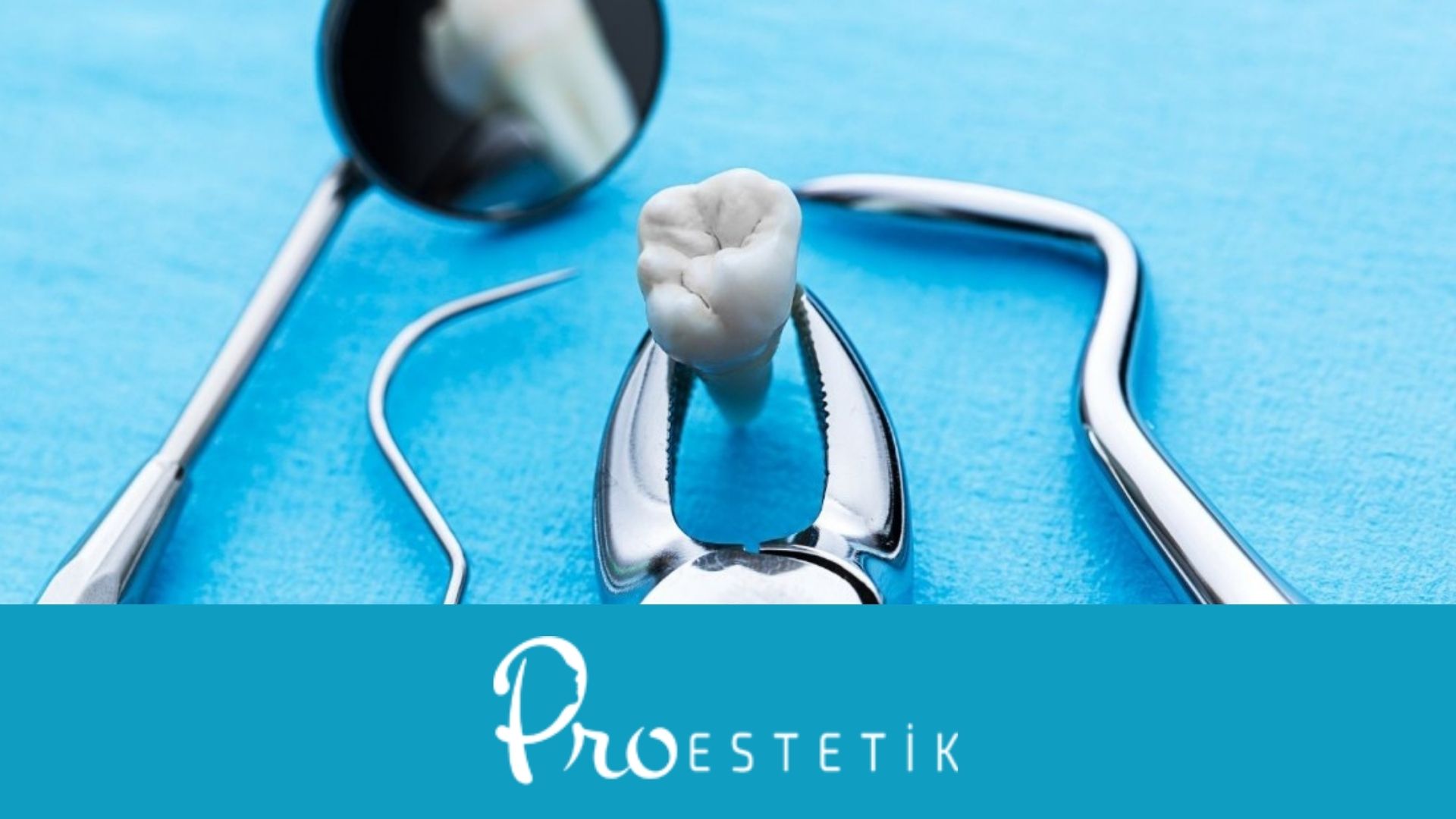Apical resection is a treatment that many are curious about, especially how it is applied in dental procedures. This treatment is performed to prevent serious complications and to save the tooth. Also referred to as root-end surgery, it is used for stubborn abscesses.
Let’s take a closer look at this treatment!
What is Apical Resection?
Infections in the tooth roots can be very dangerous. If left untreated, this condition can even lead to tooth loss. Initially, root canal treatment is attempted to resolve infections. For persistent infections that cannot be treated with root canal therapy, apical resection is performed. In apical resection, the infected portion of the tooth root is removed, thus saving the tooth.
Who Is Apical Resection Applied To?

Root-end surgery is not the first choice of treatment. In some cases, root canal therapy may be performed first. If the root canal treatment fails, apical resection is considered.
This procedure is particularly used for injuries that damage the tooth root. Additionally, if the anatomical structure of the jaw is not suitable for root canal treatment, this treatment is directly applied.
Who Is Not Suitable for Apical Resection?
Apical resection may not be suitable for everyone. In such cases, other treatment methods should be considered. For example, in patients with certain systemic or chronic diseases or when the tooth root is too small, apical resection is not preferred.
What Should Be Done Before Apical Resection?
Before apical resection, the patient may be asked to use mouthwash for disinfection. Antibiotics may also be prescribed to reduce the infection in the tooth.
Apical Resection Surgery

A detailed examination is performed before the procedure. A dental X-ray is taken to assess the condition of the tooth, and the spread of the infection is determined.
After the examination, surgery is performed. Local anesthesia is applied before the operation. Then, the infected root tip and tissue are removed. After thorough disinfection, the tooth is sealed.
Can You Smoke After Apical Resection?
Smoking is not recommended after apical resection. As with all dental treatments, the gums become more sensitive after this procedure. Tobacco products increase sensitivity. It is advised to avoid smoking for a few days.
Things to Consider After Apical Resection
As apical resection is a surgical procedure, there are certain things to pay attention to afterward. Your dentist will inform you about what to consider post-surgery.
Here are some key points to keep in mind:
- You can apply ice to the swollen and painful area after surgery. This will provide relief and reduce swelling.
- Avoid smoking for a few days, and be gentle when brushing your teeth. Be careful not to damage the stitches.
- Avoid eating for a few hours due to numbness after surgery.
- Refrain from consuming very hot or cold food and drinks for a few days, as this can increase sensitivity in the affected area.
- Avoid heavy physical activity after the surgery.
Is Apical Resection Painful?
Local anesthesia is applied before the apical resection procedure, so the patient does not feel any pain during the operation. However, mild pain may be experienced for a few days after the procedure.
Recovery Time After Apical Resection
Recovery after apical resection can take 3 to 6 days. The recovery time may vary depending on the patient’s care. Stitches are usually removed within a week. Complete healing may take about two weeks.
During this period, maintaining oral hygiene and being gentle with the treated area is important for full recovery.
How Long Does Apical Resection Take?
The duration of the procedure varies depending on the location of the tooth, the doctor performing the surgery, and the extent of the infection. Generally, it takes between 30 and 60 minutes.
What Is the Success Rate of Apical Resection?

Apical resection is used for stubborn abscesses, particularly when root canal treatment is not effective. The success rate of apical resection varies between 80% and 90%.
The success of the procedure depends on the location of the tooth, the extent of the infection, and the patient’s post-treatment care.
Tooth Mobility After Apical Resection
Tooth mobility after apical resection is a rare condition. It may occur due to gum problems, delayed healing, or damage to the supporting tissues of the tooth.
If this condition persists for a few days, it is important to consult your dentist.

 English
English Turkish
Turkish Deutsch
Deutsch العربية
العربية![[:en]What is Apical Resection, Who Is It Applied To? | Is It Painful?[:tr]Apikal Rezeksiyon Nedir, Kimlere Uygulanır? | Ağrılı mı?[:de]Was ist eine Apikale Resektion und bei wem wird sie angewendet? | Ist es schmerzhaft?[:ar]ما هو استئصال نهاية الجذر؟ ولمن يُطبق؟ | هل هو مؤلم؟[:] Apikal Rezeksiyon](https://proestetik.com.tr/wp-content/uploads/2024/10/apikal-rezeksiyon.jpg)










